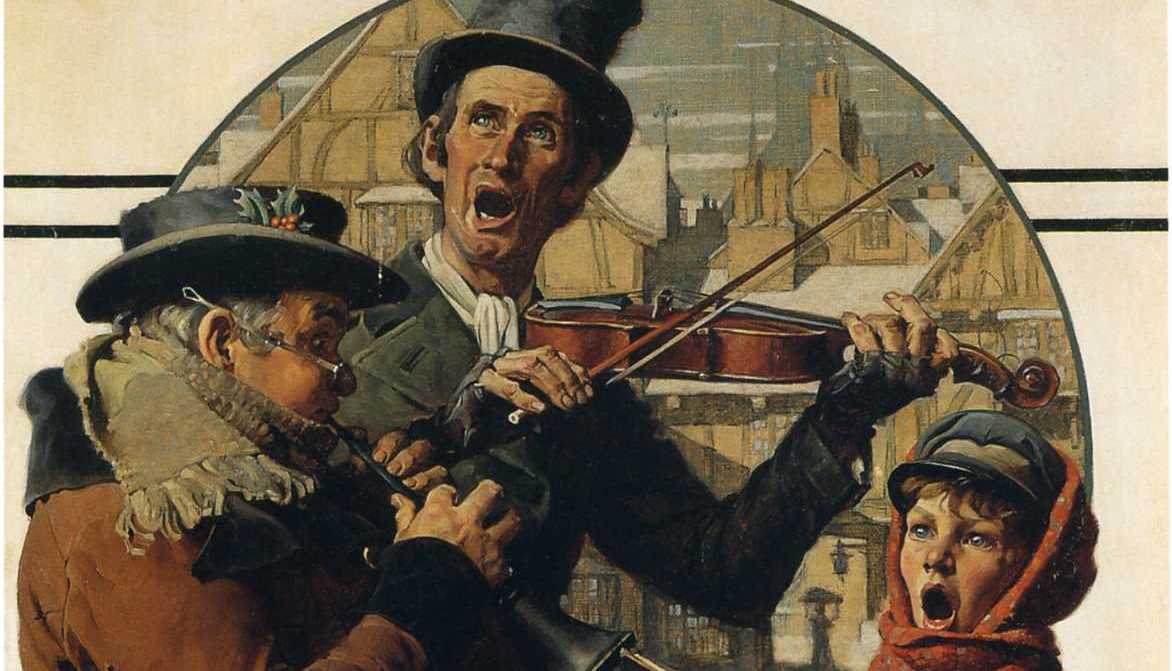Christmastime
Lush green tree, wet pine scent fills the air.
Strings of tiny gems, that plump tree, strangle,
Children’s handmade trimmings everywhere,
Red and green and bells that jingle-jangle.
Atop the tree a glowing angel prays.
At bottom, gifts abundant, overflowing
Spread outward from the base in grand display;
Yards of ribbon strewn around, for bowing.
This festive season graces us again,
Wonderful traditions held quite dear,
With man considerate of fellow man,
The world rejoices in fraternal cheer.
For just one wish I’d offer my last dime –
To have all year as grand as Christmastime!
Lady Death
The Devil’s thorny mistress, Lady Death
Seeks out to finish off his mangy prey
At slightest nod from him she rips last breath
And feasts on hearts of men as eyes turn grey
Dear Devil hinder not this day, my last
Tell Death have pity on such fools as I
Steal my life if you wish, but don’t be crass
Don’t add torment; tis pain enough to die
Alas that I had centuries to live
Would heal the one I hurt, yet love so dear
To erase my leaving her, my life I’d give
Death’s burning wrath no rival for love’s tears
Regret and guilt – Two demons I know well
What fear have I of Death if life is hell?
Featured Image: “Christmas Trio” by Norman Rockwell.















An interesting pairing, these two sonnets – so very different in subject. (I assume they are sonnets – metre is taken a little flexibly in the first). There is something in the neat turn of this form that tends to glint of sprightliness… but essentially the tone of the first poem is one of gentle indulgence, the second rather fierce and scarce. Most people could, I imagine, wholeheartedly agree with the sentiment of the Christmas poem. That on Death, I hope, would fine fewer who empathize, but abundant sympathy. Where they chime, is in the message that, ultimately, love is the most precious thing we have, and true happiness can be found only in its generous expression.
I can accept the pairing of these two sonnets — winter is the end of the cycle of life so there is a dark underbelly to the celebration of the holidays up to the New Year. The Christmastime poem does see the tree being strangled, everything scattered about in disarray, and people perhaps pretending for one day to be what they aren’t, so maybe the poet doesn’t have such an optimistic outlook in the first poem, either. The second sonnet flows like warm clove oil leading me to believe the poet’s heart may lie more in this direction. I do like both of the sonnets though I’m not sure which one leaves me more disturbed. But, in my opinion, both well done.